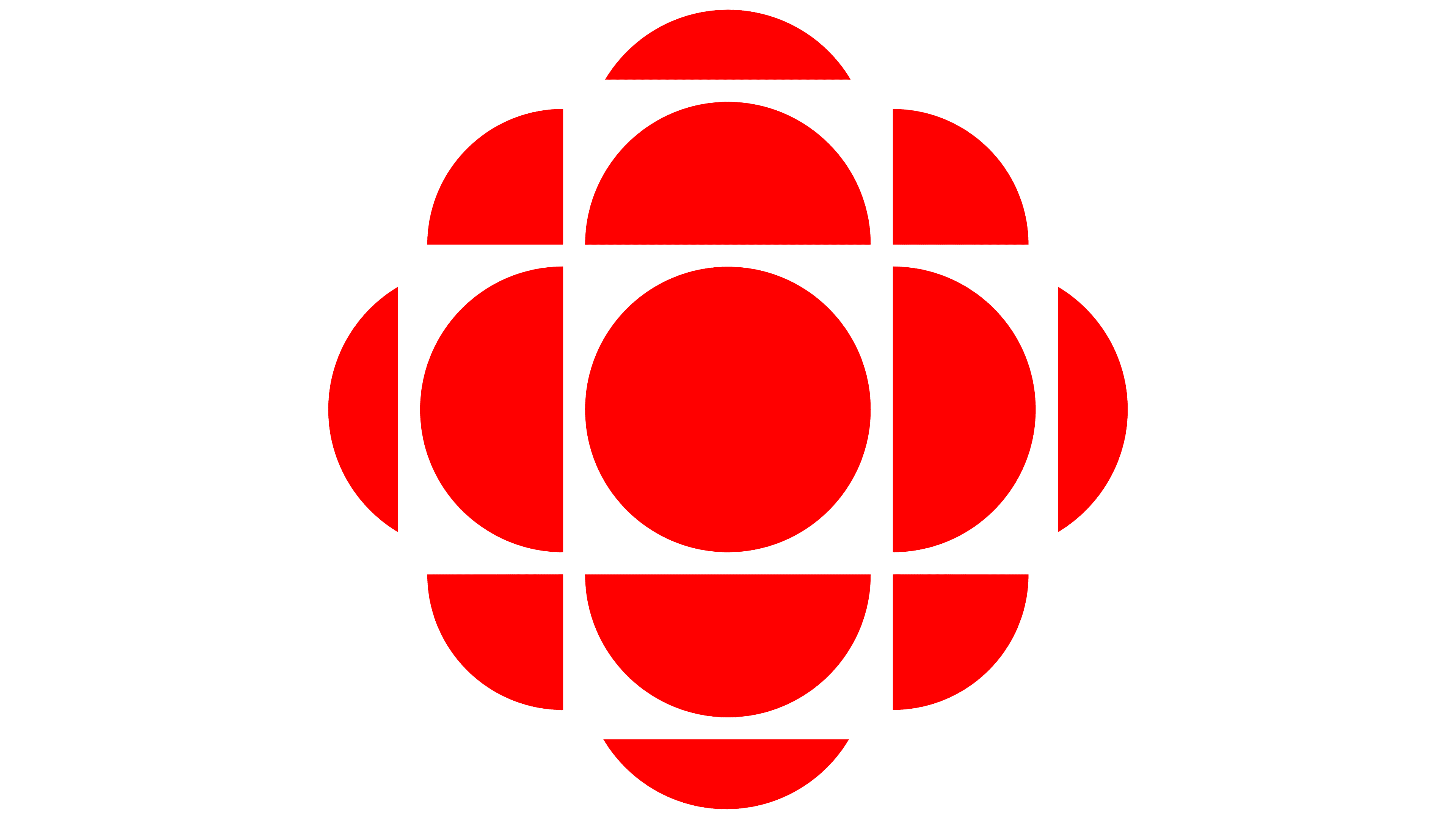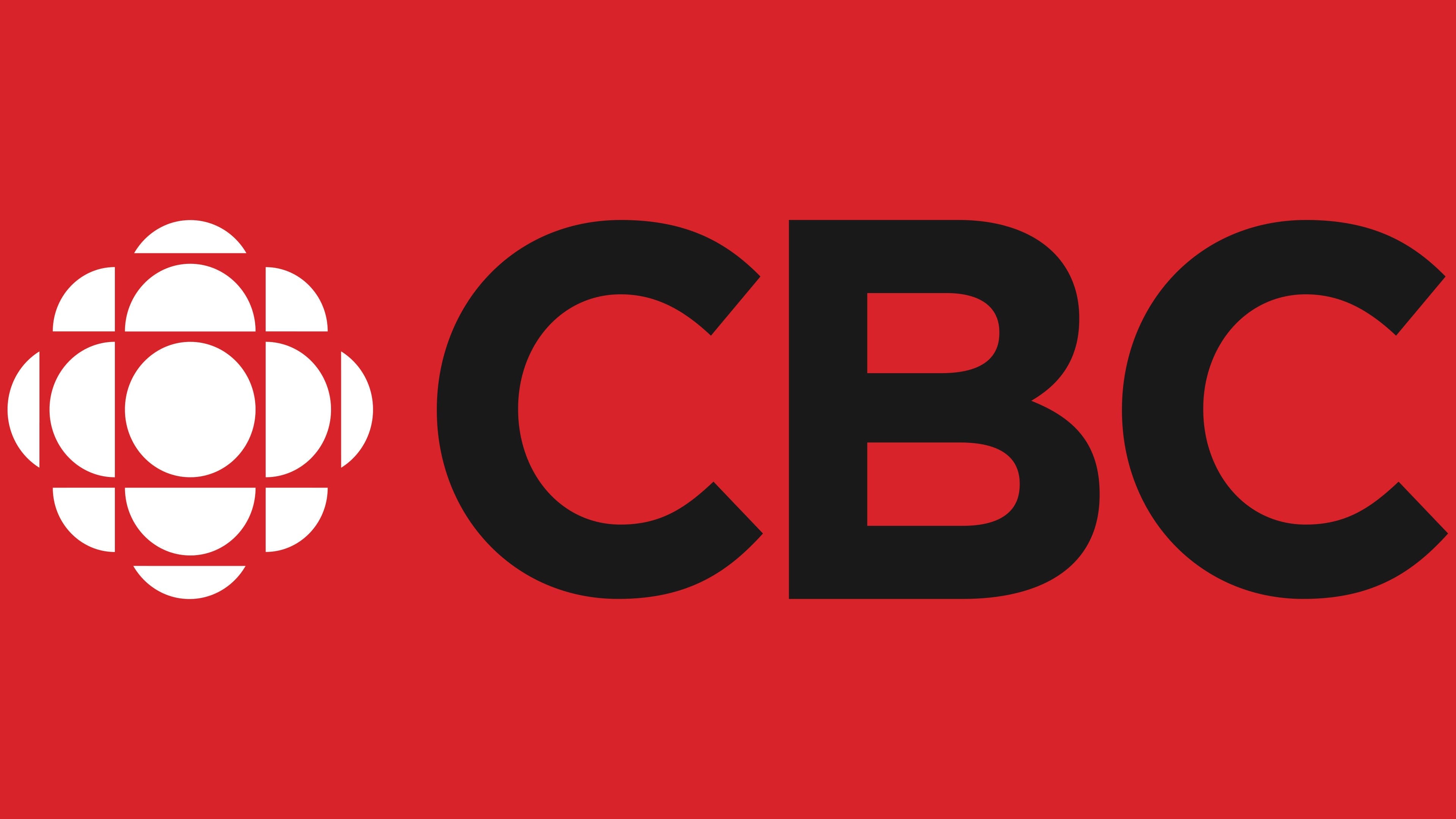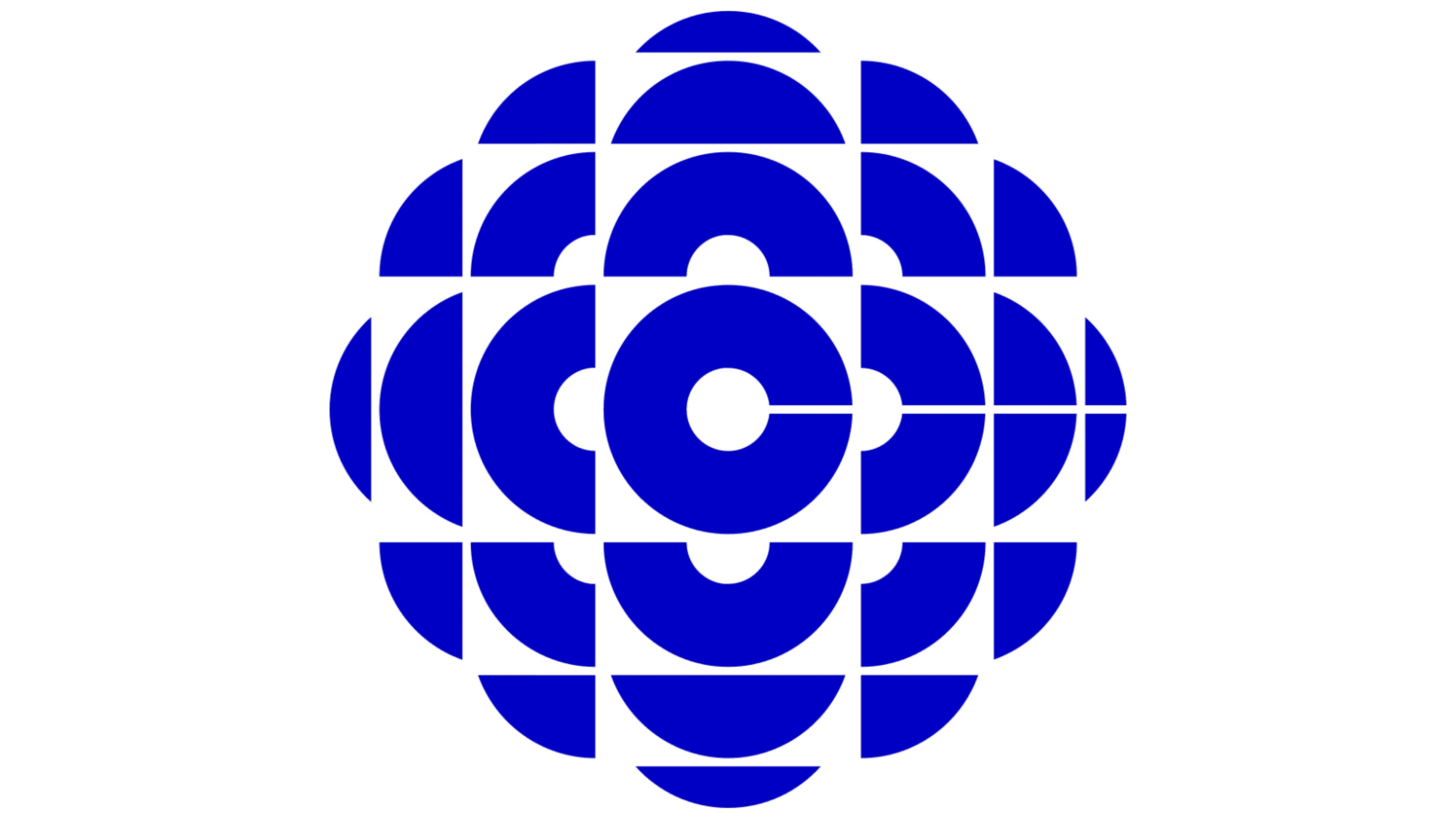What Is CBC - Unpacking Meanings Beyond A Coffee Shop
Have you ever found yourself typing "cbc coffee shop" into a search bar, wondering what might pop up? It's a pretty common thing, actually, to see those three letters and then try to picture a cozy spot for a morning brew. That initial thought of a delightful coffee place, with maybe some warm lighting and the scent of fresh beans, is quite natural for many of us, I mean, when we see a short set of letters, our minds sometimes try to fill in the blanks with something familiar and comforting, so.
Yet, as it turns out, those three little letters, "CBC," are actually tied to a whole bunch of different ideas and organizations. It's really interesting, in a way, how a simple acronym can hold so many varied meanings, depending on where you hear it or what you're talking about, you know. From big financial institutions to health terms, and even some things about personal identity, "CBC" pops up in places you might not even guess.
So, if you were hoping to find details about a specific "cbc coffee shop," you might be a little surprised by what "CBC" truly stands for in many different situations. We're going to take a closer look at what this short form actually means in various areas, helping to clear up some of the usual mix-ups and show just how widely this particular set of letters is used, as a matter of fact.
- Emily Campagno
- Emily Compagno Husband
- Imskirby The Dog Incident
- Scream Vii Everything You Need To Know About The Upcoming Horror Sequel
- Where Is Phoebe Cates Now A Look Into Her Life And Career
Table of Contents
- What Does CBC Mean, Anyway?
- CBC and the World of Money Matters - Beyond a cbc coffee shop
- Is CBC Something About Health?
- Where Does CBC Fit in Identity?
- What About CBC and Technical Glitches?
- Why Do People Look for "cbc coffee shop"?
- Unpacking Acronyms - A Little More Than Just Letters
- Finding What You Need - Looking for a cbc coffee shop
What Does CBC Mean, Anyway?
It's pretty fascinating, you know, how often we come across abbreviations and short forms in our daily routines. These condensed versions of longer names or phrases are meant to make communication a bit quicker, but they can, on the other hand, sometimes cause a bit of head-scratching. "CBC" is a perfect case in point; its meaning really depends on the particular setting or area you're talking about, and that's just how it goes with these things, as a matter of fact. It's like a chameleon of words, changing its appearance to fit its surroundings, or so it seems. Figuring out what someone means when they say "CBC" often requires a little bit of extra information about the topic at hand, otherwise you might be totally off base, you know.
CBC and the World of Money Matters - Beyond a cbc coffee shop
When you hear "CBC" in a discussion about money or big financial groups, it usually points to some very important players in the banking world. For instance, a very well-known Chinese financial institution, China Construction Bank, often goes by the initials CCB, but it's sometimes referred to as CBC, which can be a little confusing, right? This particular bank is a really big one, a major state-owned financial service provider that began its work way back in 1954, so it has been around for quite a while, you know. It's one of the central government's large, managed financial organizations, playing a big part in the country's money system.
Then there are other large Chinese financial groups that also use their own short forms, like Bank of China, which is BOC, or Agricultural Bank of China, known as ABC. You also have Industrial and Commercial Bank of China, which is ICBC, and Bank of Communications, or BCM, as well as the Postal Savings Bank of China. These are all huge parts of the nation's financial picture, and it's quite common to see their abbreviated names pop up in news reports or daily conversations about money matters, of course. So, when you see "CBC" in a financial context, it's very likely referring to one of these large banking entities, perhaps China Construction Bank, or something similar, you know.
- Squirrel Girl Summer Skin Glitch
- Slang Eiffel Tower
- Ralph Macchio Net Worth
- Eliza Leaks
- Is Riley Green A Republican Or Democrat
Beyond just banks, "CBC" can also show up in the area of financial dealings as something called a commercial credit bond. This is a kind of financial instrument, a way for businesses to get money by selling debt papers. It's basically a promise to pay back borrowed money with interest over a set period. Sometimes, "CBC" can also mean a commercial bond company, which is a business that deals with these kinds of debt instruments, pretty straightforwardly, I mean. These sorts of things are really important for how businesses get the funds they need to grow and operate, so they're a big part of the financial scene.
Interestingly enough, "CBC" can also stand for a company that helps with collecting overdue payments. There's a particular company, CBC Credit Management Co., Ltd., which started up in 2005, with its main office in Beijing. This firm is a foreign-owned business and was the very first one in Beijing to get the proper permissions to offer services for sending out notices about overdue payments. Banks, like SPD Bank, will often get this company to help them with reminding folks about their credit card bills and following up on accounts that are past due, which is pretty typical for financial institutions, you know. So, if you're thinking about a "cbc coffee shop," it's probably not this kind of "CBC" at all, naturally.
Is CBC Something About Health?
Moving away from money, "CBC" has a very important meaning in the world of medicine and health checks. When you go to the doctor and they ask for a blood test, you might hear them talk about a "CBC." This stands for a "Complete Blood Count," which is a really common test that gives medical professionals a lot of information about the different kinds of cells in your blood. It helps them get a general picture of your overall health and can point to various conditions, or so it seems. This test counts things like your red blood cells, white blood cells, and platelets, giving a snapshot of what's happening inside your body, basically.
Sometimes, you might also see "CBC" mentioned alongside "DIFF." "DIFF" is short for "differential," and it means that the white blood cells are looked at more closely and sorted into different types. For example, a five-part machine might just do a "CBC" by itself, which uses a particular measurement method that's a bit like a three-part count, and this can save on the materials needed for the test, you know. But if they do a "DIFF," they're getting a much more detailed breakdown of those white blood cells, which can be pretty important for figuring out certain health issues, of course.
And then there are even more specific terms that can come with "CBC," like "NRBC" and "RET." "NRBC" means "nucleated red blood cell," which are red blood cells that still have their nucleus, something that's usually only seen in very young red blood cells or in certain health situations. "RET" stands for "reticulocyte," which are also young red blood cells, and counting them helps medical professionals understand how quickly your body is making new red blood cells. So, when you hear "CBC" in a medical setting, it's definitely not about a coffee shop, but rather about getting a very detailed look at your blood, which is quite important for your well-being, naturally.
Where Does CBC Fit in Identity?
It's quite interesting, how "CBC" can also refer to a person's background or where they grew up. For instance, you might come across the term "Canada born Chinese," which is often shortened to "CBC." This phrase is used to describe people of Chinese heritage who were born in Canada, and it's a way of talking about their particular identity and connection to both cultures, you know. It's pretty similar to "America born Chinese," which is usually shortened to "ABC," and describes people of Chinese heritage who were born in the United States, so.
These terms help to give a name to a specific group within a larger community, recognizing their unique experiences of growing up in one country while having family roots in another. It’s a way of acknowledging cultural ties and how they shape who someone is. So, when you hear "CBC" in this context, it's about people and their personal stories, not about banks or medical tests, or even a coffee shop, which is a very different sort of meaning, basically. It just goes to show how flexible language can be, and how the same set of letters can mean so many different things to different people, too it's almost.
What About CBC and Technical Glitches?
Now, let's switch gears completely and look at "CBC" in the world of machines and technology. If you're working with certain types of electrical equipment, like frequency converters or "inverters," you might sometimes see an alert that says "CBC." When this pops up, it usually means there's been a "quick current limit fault," which is a kind of problem where the electrical flow has gone too high too fast, and the machine has stopped to protect itself, you know. It's a safety measure, essentially, to keep things from getting damaged, or so it seems.
To figure out what's going on when you see this "CBC" fault code, the first thing to do is usually to check the power coming into the machine. You'd want to measure the voltage across the three main input points, often labeled R, S, and T. For a typical setup, you'd expect to see around 380 volts across these points. If the voltage is lower than, say, 320 volts, or if one of the power lines is missing entirely, then the issue is likely with the power source itself, not the machine, which is a pretty common thing to check, of course. This kind of troubleshooting helps to narrow down where the problem is coming from, and it's a very practical application of what "CBC" can mean in a totally different setting, you know.
Why Do People Look for "cbc coffee shop"?
Given all the different meanings of "CBC" we've just talked about, it's quite interesting to consider why someone might specifically search for a "cbc coffee shop." It's not something that directly shows up in the various definitions of "CBC" that we've explored, is that? The information we have doesn't point to a particular coffee establishment using those initials. However, there are a few reasons why this kind of search might happen, and it's actually pretty understandable, in some respects.
One possibility is that there might be a local coffee shop somewhere that actually uses "CBC" as part of its name or its branding. Small businesses often pick initials that mean something to them, or that are easy to remember, and it's totally possible for a coffee spot to have chosen those three letters for their own reasons, you know. If you heard about such a place from a friend, or saw it quickly while passing by, you might then go online to find it, typing in what you remember, which would be "cbc coffee shop," of course.
Another reason could be a simple misunderstanding or a common way people search for things. Sometimes, when folks hear an acronym, their minds might just add a general category to it, especially if they're looking for a type of business. So, if "CBC" was mentioned in a conversation, someone might just assume it's a local business and then add "coffee shop" because they're in the mood for coffee, or they're looking for a place to meet, which is pretty natural, you know. It’s like a guessing game based on incomplete information, which happens more often than we might think.
It's also possible that "cbc coffee shop" is just a common search phrase that has developed over time, even without a specific establishment behind it. People might be trying out different combinations of letters and business types to see what comes up, perhaps hoping to find something unique or new. The internet is full of these kinds of searches, where the query itself becomes a sort of curiosity, leading to an exploration of various possibilities, which is very much how things work online, isn't it? So, while our information doesn't directly show a "cbc coffee shop," the idea of searching for one is quite a common human behavior, basically.
Unpacking Acronyms - A Little More Than Just Letters
It's quite clear, I mean, that abbreviations and short forms are a big part of how we communicate these days. They're meant to make things quicker, but as we've seen with "CBC," they can also lead to a lot of different interpretations. This situation really shows how important context is when you're trying to figure out what something means, you know. Without knowing the general topic or the specific situation, a simple set of letters can be quite puzzling, and that's just how it is with language, as a matter of fact.
Think about it: the same three letters can stand for a major financial institution, a crucial medical test, a way to describe someone's background, or even a technical problem code. Each of these meanings comes from a completely different area of life, and the only way to know which one is being talked about is to have some idea of the discussion's subject. It’s like a secret code that changes its key depending on the conversation you're having, which is pretty neat, in a way. This makes language really flexible, but it also means we have to be a little more careful about how we understand things, of course.
This whole situation with "CBC" also tells us something about how new meanings can appear and how words or short forms get adopted. Sometimes, a term might start in one field, but then, over time, it gets used in another, or people create new meanings for it. It's a very natural part of how language grows and changes, always adapting to new ideas and new ways of talking about the world. So, while "cbc coffee shop" might not be a formal meaning of "CBC," it shows how people try to make sense of things and connect ideas, even if those connections aren't always immediately obvious, basically.
Finding What You Need - Looking for a cbc coffee shop
So, if you're still hoping to find that perfect "cbc coffee shop" or any other specific business that might use an acronym, the best approach is usually to get a little more specific with your search. Instead of just typing "cbc coffee shop," you might want to add a city or a neighborhood to your search, like "cbc coffee shop [your city name]," or "cbc coffee shop near me," which is a very practical way to narrow things down, you know. This helps search engines give you results that are actually relevant to your location, which is pretty helpful, of course.
You could also try looking up local business directories or map applications, and then searching for "coffee shops" in a particular area and seeing if any of them happen to have "CBC" in their name or description. Sometimes, businesses have social media pages where they share details, and that might be a good place to find out if a "cbc coffee shop" actually exists where you are, or so it seems. It's all about being a bit of a detective and using the tools available to you to find what you're looking for, which is pretty much how we find most things these days, anyway.
Ultimately, while "CBC" has a lot of established meanings across banking, health, identity, and technology, the idea of a "cbc coffee shop" highlights how we often try to connect abbreviations to everyday experiences. It shows how language is always evolving, and how a simple set of letters can spark a lot of different thoughts and searches. The key is to remember that context really helps us figure out what those three letters mean at any given moment, whether it's about money, health, or just a place to grab a warm drink, you know.
- Daisys Destruction
- Emily Compagno Children
- Sowte Ifsa
- Squirrel Girl Summer Skin Glitch
- Bomb Iran Vince Vance

CBC Logo, symbol, meaning, history, PNG, brand

CBC Logo, symbol, meaning, history, PNG, brand

CBC Logo, symbol, meaning, history, PNG, brand